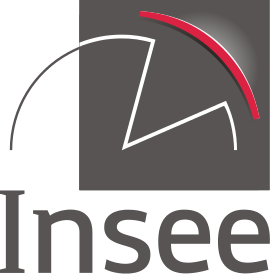Définition
As a tool to combat counterfeiting or plagiarism, intellectual property allows the author of a creation to protect his work and grant him the benefits resulting from his work. It includes industrial property and copyright and related rights (related to software and literary artistic and entertainment works).
More precisely, industrial property has as its object the protection and enhancement of inventions, innovations and creations.
Industrial property rights are in principle acquired by filing (filing a patent, design or trademark). Industrial property rights give a monopoly of exploitation (sanctioned by infringement proceedings) and constitute both a defensive and offensive "weapon" for companies holding these rights.
Copyright ownership refers to literary works, musical creations, films, graphic documentaries, plastic, fashion creations, etc. and software, as well as a number of "neighbouring rights" (concerning performers, audiovisual communication companies, for example). Copyright does not protect ideas or concepts. Copyright is acquired without formalities, even as a result of the creation of the work (Article L111-1 of the Intellectual Property Code).
Remarque
Source : Institut national de la propriété industrielle (site INPI : http://www.inpi.fr)



